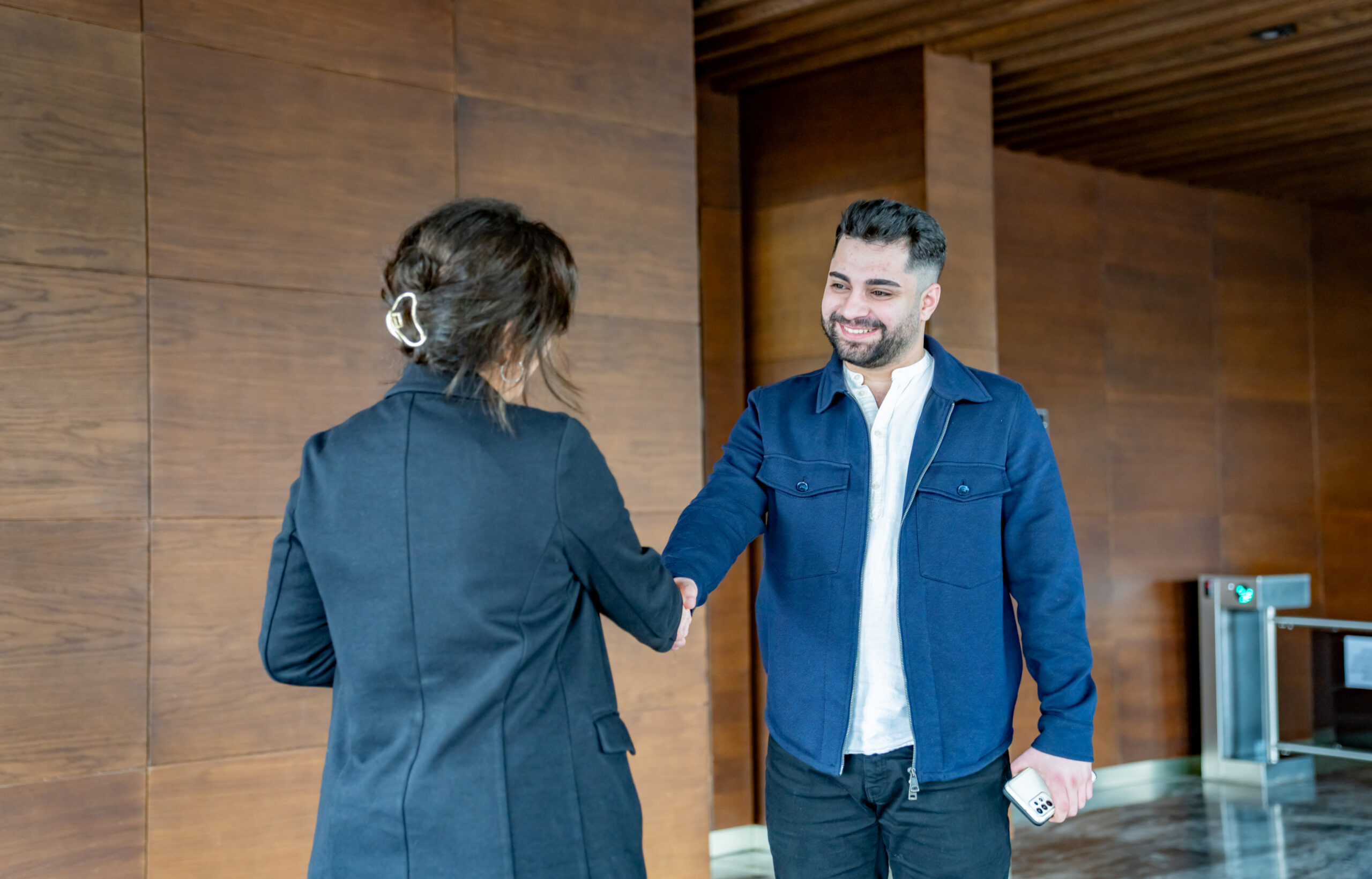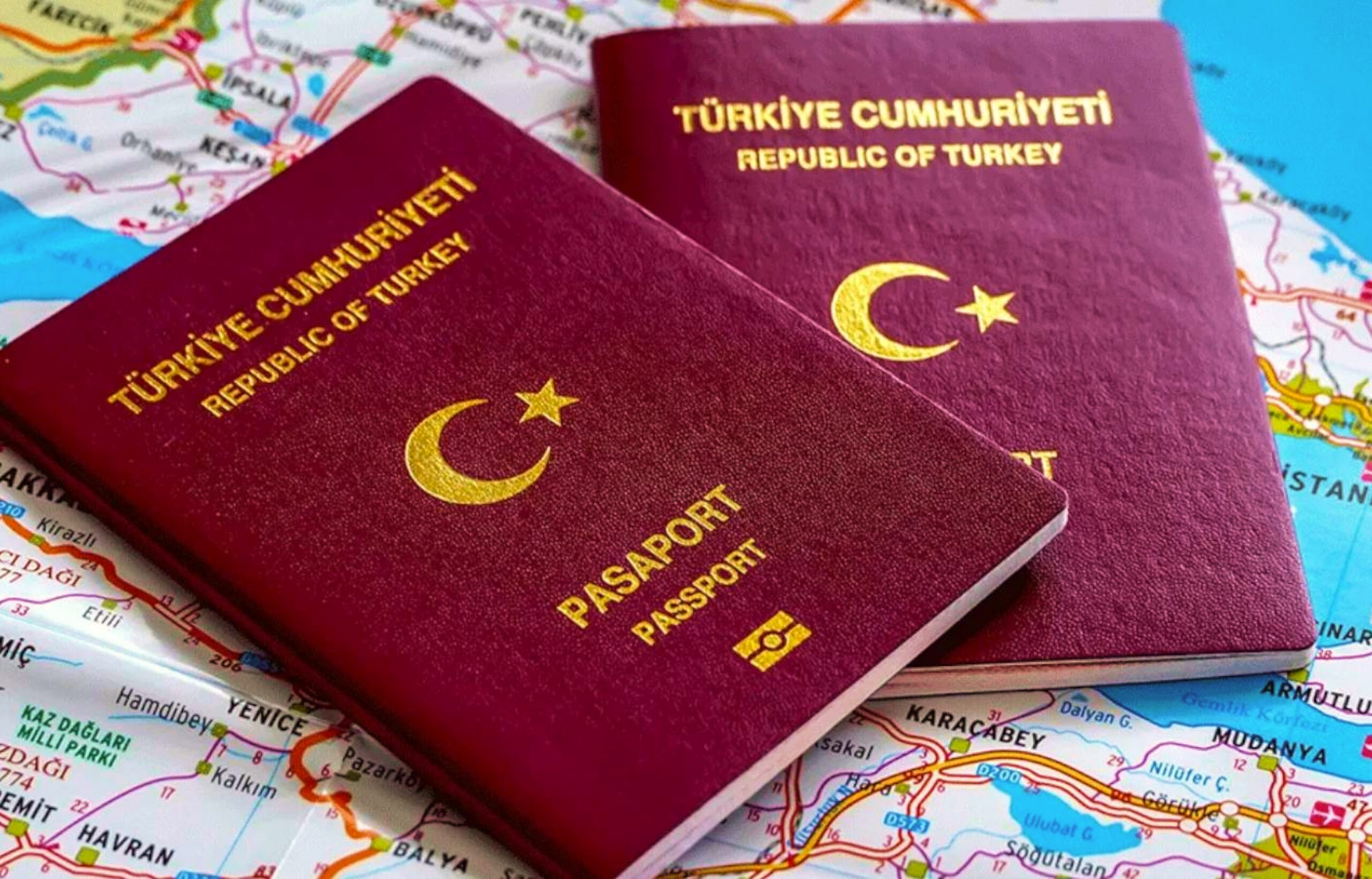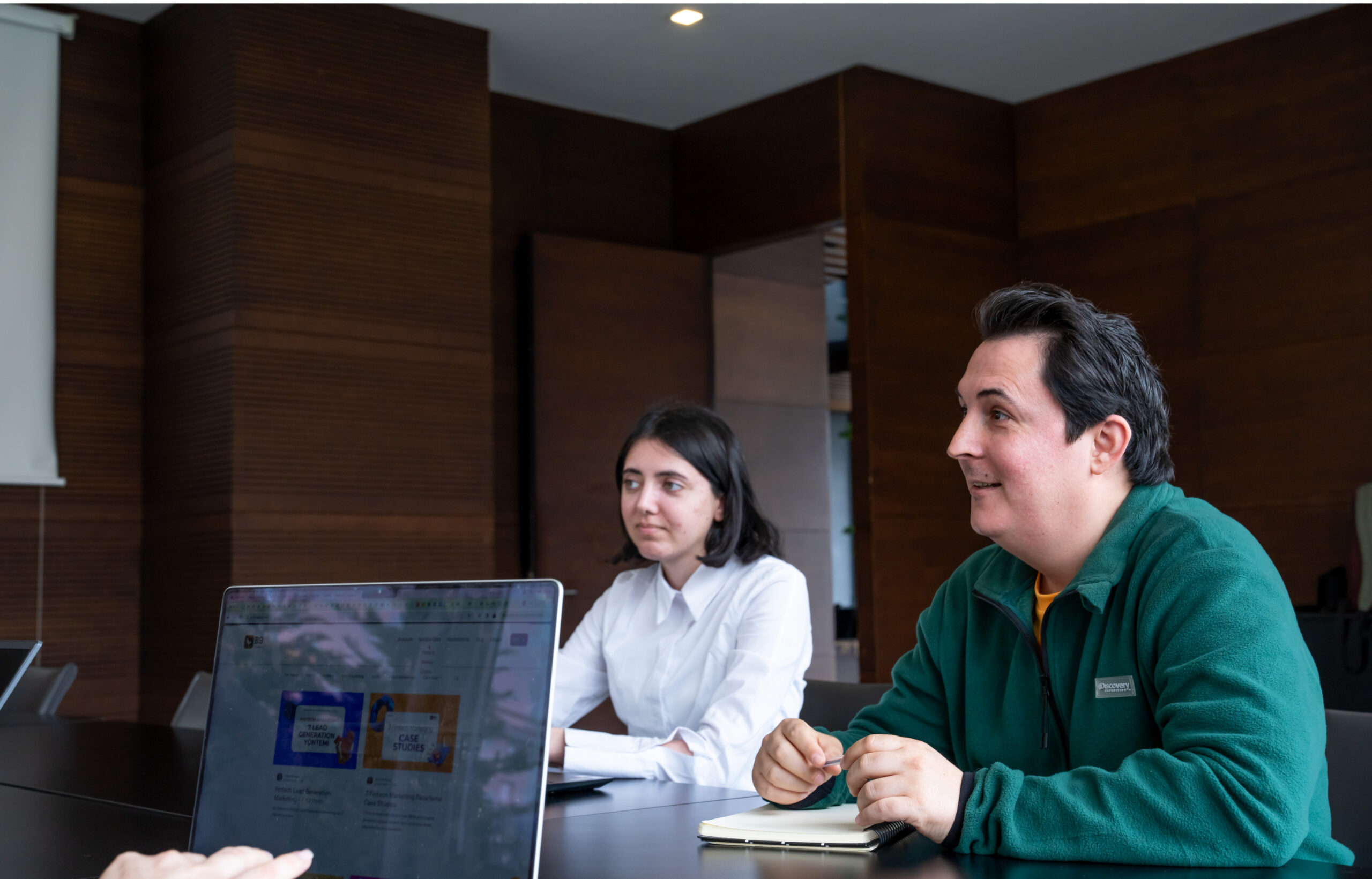
Understanding and successfully integrating into Turkish business culture is essential to achieving success and increasing profitability in today’s dynamic business climate.
Turkey, with its vibrant history, dynamic economy, and strategic position as a gateway between Europe and Asia, presents tremendous opportunities for entrepreneurs. However, succeeding in this unique market requires more than just business acumen—it demands a deep understanding of Turkish business culture and a genuine respect for its social norms. Here are some essential tips to help new entrepreneurs adapt to Turkey’s business environment and build lasting relationships.
Building Relationships: The Cornerstone of Turkish Business
In Turkey, the foundation of business success lies in trust and personal connections. Establishing strong relationships, often referred to as “givens,” is essential for meaningful collaborations. Business partnerships are not just built on contracts but on mutual respect and rapport. Entrepreneurs should actively invest time in networking, attending professional events, and engaging in genuine, face-to-face interactions with potential clients and partners. These informal exchanges often serve as the groundwork for trust, creating a more conducive environment for future business dealings.
Starting with clear and professional communication is crucial. From the very first interaction, it’s important to establish a transparent and professional tone. Clearly outline expectations, goals, and mutual responsibilities. Should any issues arise later, addressing them openly and professionally is equally important. A straightforward and respectful approach to resolving concerns ensures that misunderstandings don’t escalate, preserving the integrity of the business relationship.
However, achieving this level of clarity and professionalism starts with selecting the right partners. Collaborating with experienced and trustworthy professionals who share a commitment to transparent communication can make a significant difference. Choosing credible and reputable business associates sets the stage for successful, long-term partnerships and minimizes the risk of future conflicts.
Pro Tip: Be patient and consistent in your efforts. Authenticity is highly valued in Turkish business culture, as is a willingness to invest in relationships for the long term. Transactional approaches are often met with skepticism, whereas demonstrating a genuine commitment to collaboration can open doors to lasting opportunities.

Simplify your business setup with Workon’s all-in-one company registration service in Turkey.
Respect for Hierarchies and Formalities
Turkish society places a high value on hierarchy, and this is deeply reflected in both social and professional interactions. Titles and positions are treated with great respect, and it is essential to address colleagues or potential partners appropriately. Formal titles like Mr., Mrs., or academic distinctions should always be used unless the individual explicitly invites you to address them by their first name. This formality is not just a matter of etiquette but a way to demonstrate professionalism and respect, particularly when dealing with senior figures or individuals in leadership roles.
A unique aspect of Turkish culture is the use of the term hocam, which is often directed toward individuals with advanced academic credentials, such as a PhD or professorship. While hocam literally translates to “my teacher,” its use goes far beyond the classroom. It signifies deep respect for someone’s knowledge, expertise, or position and is frequently used in business or academic settings, regardless of whether the individual is an actual teacher. This term reflects the high regard Turks have for education and authority.
Recognizing and adopting these cultural nuances can significantly enhance your interactions, making negotiations smoother and leaving a strong, positive impression on your Turkish counterparts. Showing respect through appropriate titles and understanding cultural norms is a key step toward building meaningful and successful professional relationships in Turkey.
Navigating Negotiations: Patience is Key
Negotiation in Turkey is more than just a business transaction—it is an art that relies heavily on mutual respect, patience, and the pursuit of a win-win outcome. Turks value flexibility and a calm demeanor, and negotiations often involve detailed discussions where all parties aim to reach an agreement that benefits everyone involved. This process may take longer than expected, as Turkish professionals prefer to deliberate thoroughly before finalizing decisions.
It’s essential to understand that while negotiation is welcomed, overly aggressive bargaining tactics, which may be common in some cultures, are generally frowned upon in Turkey, especially among seasoned professionals. True professionals in Turkish business culture believe every service or product has a fair value. Excessive haggling can be perceived as disrespectful and may harm your reputation or damage trust. Instead, demonstrating an understanding of the value of the deal and negotiating respectfully will create a more productive atmosphere and leave a positive impression.
By approaching negotiations with patience, adaptability, and a respectful tone, you can build stronger relationships and achieve outcomes that satisfy both parties. In Turkish culture, maintaining mutual respect throughout the negotiation process is often seen as more important than securing the most advantageous deal.
Understanding Social Etiquette and Generosity
Turkish culture places immense value on hospitality and generosity, and this is especially evident in everyday interactions. Being offered tea or coffee is more than a gesture of courtesy—it’s a deeply ingrained cultural norm and a symbol of welcoming. In business settings, these informal interactions often set the stage for meaningful discussions and are seen as an essential step toward building trust and rapport.
Practical Tips for Navigating Turkish Hospitality:
-
Graciously Accept Offerings: When offered tea or coffee, it’s important to accept graciously. Turks view this as an extension of their hospitality. Even if you don’t drink much, taking a few sips shows appreciation and respect for their gesture.
-
Opt for Water When in Doubt: If you’re unsure about trying tea or coffee but don’t want to seem disrespectful, politely ask for a glass of water. This is always an acceptable alternative and allows you to avoid declining their ikram (hospitality) outright.
-
Observe and Adapt to Traditions: Pay attention to your surroundings to understand local customs. For example, in traditional settings or homes, it’s customary to remove your shoes before entering. Observing others and following their lead is a great way to show respect.
-
Acknowledge the Culture: Small gestures like learning basic Turkish phrases or expressing curiosity about Turkish traditions can leave a lasting positive impression. Showing genuine respect for the culture not only strengthens relationships but also signals your willingness to integrate into their way of doing business.
By embracing these practices, you demonstrate cultural sensitivity and appreciation, which will undoubtedly resonate with your Turkish counterparts. Respect for hospitality and tradition goes a long way in fostering trust and building strong, lasting partnerships.
Family and Religion: Their Role in Business
In Turkey, many businesses are deeply rooted in family structures, with decision-making often influenced by family dynamics and traditions. These familial ties are not just organizational but form the foundation of trust and loyalty within the business. Showing genuine respect for these dynamics can go a long way in building goodwill and fostering stronger partnerships. In interactions, acknowledging and appreciating the significance of family in Turkish culture is essential, as it reflects your sensitivity to their values.
Religion also holds a central place in Turkish society, with Islam shaping many cultural and social practices. Awareness of religious observances such as Ramadan, prayer times, and dietary preferences, like the avoidance of pork or alcohol, is critical to maintaining respectful relationships. It’s important to approach these topics with sensitivity, as family and religion are deeply revered and considered sacred by many. Casual remarks or misunderstandings about these matters can unintentionally cause offense, so it’s wise to be thoughtful in conversations and actions.
When navigating these cultural aspects, demonstrating awareness and care is key. By doing so, you not only avoid potential missteps but also show your Turkish counterparts that you value their traditions and beliefs, laying a solid foundation for mutual respect and collaboration.
The Bureaucratic Landscape: Patience and Professionalism
Turkish bureaucracy can be complex, especially for foreign entrepreneurs unfamiliar with local processes. Attempting to navigate these systems without proper guidance can lead to frustration and misunderstandings.
It’s critical to remain calm and professional, even when faced with delays. Reacting emotionally—such as shouting or accusing officials of wrongdoing—can severely damage your reputation. In Turkish culture, such behavior is considered disrespectful and can alienate potential partners or collaborators.
Advice for Foreign Entrepreneurs:
– Work with professional and trustworthy advisors who understand Turkish bureaucracy.
– Avoid seeking overly cheap services, as these can lead to scams or poor results.
– Be clear and concise in your communications to avoid misinterpretations.
Where to Start?
Starting a business in Turkey involves more than just legal compliance; it requires cultural adaptability and the right guidance. With Workon’s Business Starter Package, you can navigate Turkey’s business landscape with confidence.
Our package provides a comprehensive guide to adapting to Turkish business culture, building strong relationships, and understanding local expectations. From company registration to tailored consultations, we ensure you’re equipped with the tools and knowledge to succeed.
Don’t risk missteps or misunderstandings—partner with experts who prioritize your success. Visit Workon today to kickstart your entrepreneurial journey in Turkey and enjoy a free consultation to make your first steps the right ones.
In Turkey, building personal relationships is foundational to business success. Trust and rapport are key factors in forming partnerships. It’s not just about exchanging emails or signing contracts—spending time networking, attending events, and fostering genuine connections can open doors to long-term opportunities.
Turkish business culture places significant emphasis on hierarchy and formality. Titles and positions are respected, and addressing individuals appropriately (such as Mr., Mrs., or by their professional title) is essential. Recognizing and honoring these structures demonstrates professionalism and respect, which can strengthen relationships with partners or clients.
Negotiations in Turkey often involve detailed discussions and a focus on achieving a win-win outcome. Patience, flexibility, and maintaining a calm demeanor are crucial. Turks appreciate a respectful approach and value long-term collaboration over quick agreements. Avoid pressuring tactics, as they may be perceived negatively.
Foreigners often underestimate the complexity of Turkish bureaucracy and may react with frustration when delays occur. Shouting or making accusations can damage reputations and relationships. Instead, work with trusted professionals who understand the system, and remain patient and respectful. Avoid opting for overly cheap services, as these can lead to scams or legal issues.
Simple gestures like learning basic Turkish phrases, accepting tea or coffee invitations, and respecting customs such as removing shoes when visiting homes or traditional establishments can make a significant impact. Being aware of religious practices, family dynamics, and cultural holidays also demonstrates respect and understanding, which helps build strong partnerships.


























